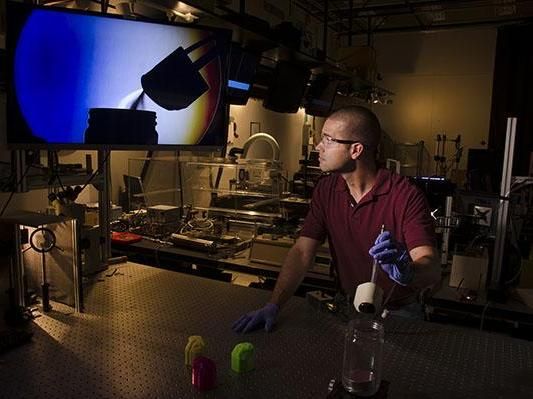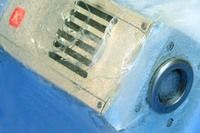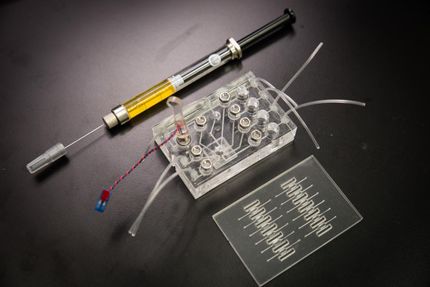Agilent Technologies and FDA Collaborate to Improve Testing for Salmonella
Project Also Seeks to Develop Better Tools to Test Truth of Seafood Labels
Agilent Technologies Inc. announced that it has entered into a Cooperative Research and Development Agreement with the U.S. Food and Drug Administration to develop new tools to detect and analyze pathogens in food. The joint R&D effort will also seek to improve DNA-based tools for confirming that seafood is correctly labeled.
The goal of the first part of the project is to develop a novel assay panel to identify subtypes of salmonella in food. When outbreaks occur, knowing the subtype can help officials quickly identify the source of the pathogen and hopefully limit the number of victims. The research will focus on using mass spectrometry-based genotyping to quickly identify salmonella subtypes.
The second part of the agreement – to be carried out in collaboration with both the FDA and the Campden BRI laboratory in the United Kingdom – aims to update Agilent’s lab-on-a-chip method of DNA analysis to identify fish species. Agilent’s analytical technique can identify species even after the fish has been processed, which generally removes identifying features such as the head, tail and skin. The technology is based on the Agilent Bioanalyzer, using restriction fragment length polymorphism. The goal is to make this technology fast, inexpensive and simple enough that many kinds of laboratories can use it on a routine basis. This type of test could detect such things as intentional mislabeling to avoid tariffs and import restrictions or economic fraud where a less expensive species of fish is sold as a more costly species.
Most read news
Other news from the department science

Get the analytics and lab tech industry in your inbox
By submitting this form you agree that LUMITOS AG will send you the newsletter(s) selected above by email. Your data will not be passed on to third parties. Your data will be stored and processed in accordance with our data protection regulations. LUMITOS may contact you by email for the purpose of advertising or market and opinion surveys. You can revoke your consent at any time without giving reasons to LUMITOS AG, Ernst-Augustin-Str. 2, 12489 Berlin, Germany or by e-mail at revoke@lumitos.com with effect for the future. In addition, each email contains a link to unsubscribe from the corresponding newsletter.
Most read news
More news from our other portals
Last viewed contents

KNAUER nominated for the German Sustainability Award 2026

Detecting nanoplastics – in fractions of a second - Basis for new measurement devices

New authentication method developed for the identification of β-sitosterol in edible oils - What makes this methodology particularly commendable is its ability to effectively bypass some of the traditionally cumbersome stages of analysis
ProBioGen and Evotec Technologies Announce Successful Completion of Collaboration on Automated Cell Selection Technology

Sniffing like a dog can improve trace detection of explosives

Porous Radical Organic framework improves lithium-sulphur batteries - Significant improvement in service life - Combination of experiments





















































